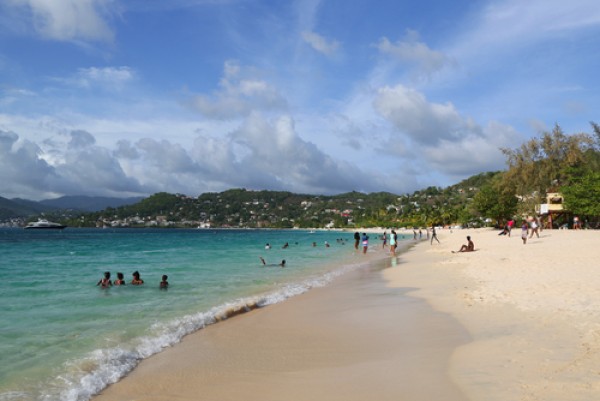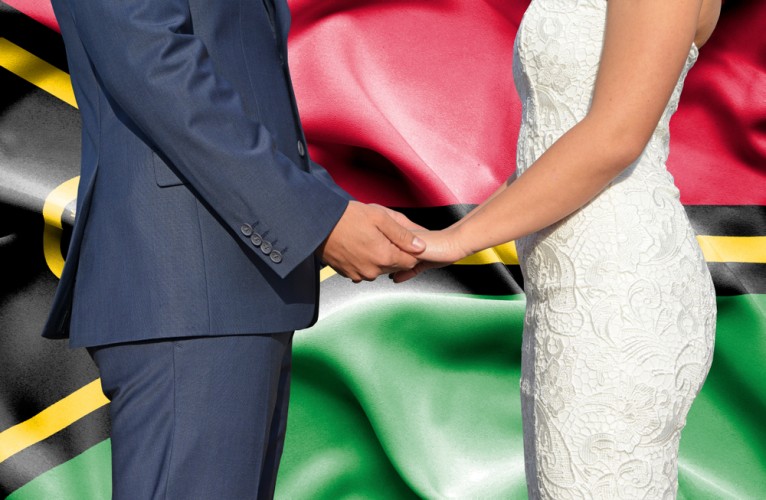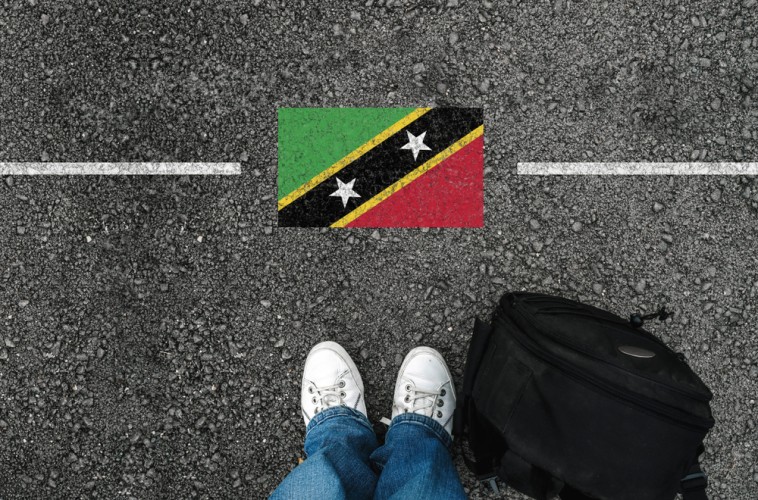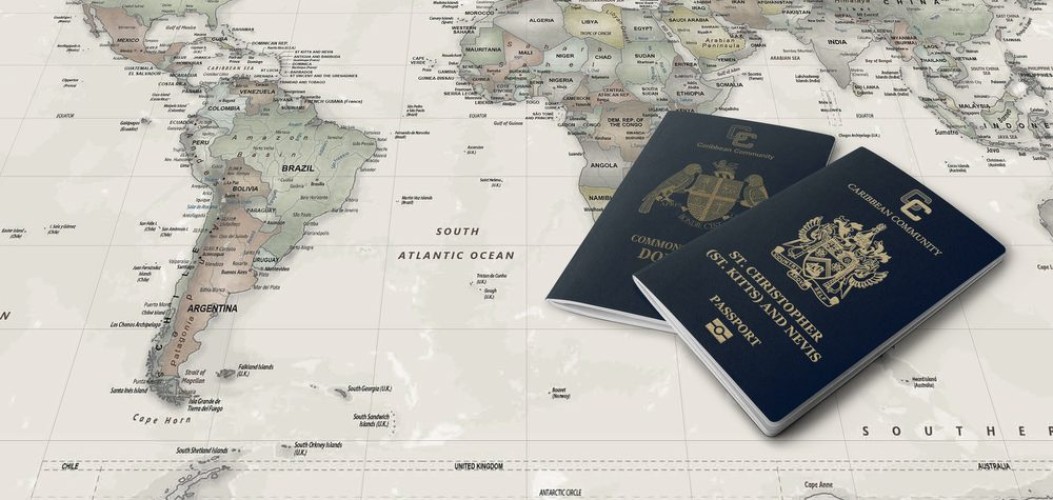The picturesque island nation of Grenada, renowned for its spice production and azure coastlines, offers several pathways to establishing long-term legal status. Foreign nationals seeking to stay on this Caribbean island beyond standard tourist durations must navigate distinct routes to secure permanent settlement rights. Unlike temporary visas, permanent residency grants individuals the right to reside indefinitely without recurring renewal applications, though it stops short of conferring full political rights. Recent immigration adjustments have raised the importance of understanding eligibility nuances, particularly for retirees, investors, and families with Grenadian ties. The process demands thorough preparation but unlocks substantial lifestyle and travel benefits, including visa-free access to numerous countries for those who eventually pursue naturalization.
Eligibility criteria for permanent residency
Grenada classifies residency seekers into distinct categories, each with specific requirements. For standard permanent residency – distinct from the accelerated Citizenship by Investment (CBI) route – foreigners must first lawfully resided in the country for at least two out of the preceding three years. This entails maintaining continuous legal status, typically through renewable temporary permits for work, study, or family reunification. Notably, the minimum physical presence mandated is three consecutive months annually during this qualifying period.
This pathway bypasses standard residency duration requirements, allowing investors and their families – including spouses, children under 30, parents, and siblings – to secure status without prior physical presence. Family-based applicants present another category. Those married to Grenadian citizens may apply after three years of matrimony, provided they demonstrate genuine relationships and pass background checks. Similarly, individuals with parents or grandparents born in Grenada can claim ancestry-based residency, though they must prove lineage through birth certificates and legal documentation. All applicants, regardless of category, must possess clean criminal records, undergo medical examinations confirming good health, and prove financial self-sufficiency without recourse to public funds.
Required documents and application process
Securing permanent residency in Grenada necessitates meticulous documentation. The core dossier includes a valid passport, birth certificate, and police clearance certificates from every country where the applicant resided for over six months during the past decade. Financial substantiation is critical: bank statements spanning twelve months, employment verification letters, or business ownership records must accompany submissions to prove sustainable income without local employment dependency.
Medical reports from approved physicians certifying absence of contagious diseases complete the package. All foreign-language documents must be translated into English and notarized. The application process unfolds through defined stages. Prospective residents first apply via Grenada’s Department of Immigration or authorized agents if using the CBI route. After preliminary vetting, applicants undergo interviews addressing their integration intentions and background details.
- Standard residency seekerssubmit forms directly to immigration authorities, awaiting processing periods ranging from 4-12 months, during which temporary permits allow legal stay.
- CBI investorswork exclusively with licensed agents who handle due diligence checks, real estate transactions, and government coordination, typically finalizing residency within 6 months post-investment.
- Family-based candidates, especially spouses, face 1-12 month processing windows and higher scrutiny through marital audits and dependency proofs.
Successful applicants receive residency cards renewable every five years, though revocation occurs for extended absences exceeding two years or criminal conduct. Transitioning to citizenship becomes possible after seven years of total residence, including five as a permanent resident – a pathway offering fuller benefits like a Grenadian passport. While the cost structure varies, non-CBI applicants should budget approximately USD 2,780 for government fees alongside legal expenses. The entire framework balances accessibility with rigorous oversight, ensuring only committed individuals integrate into Grenada’s societal fabric.
Benefits of obtaining permanent residency in Grenada
Securing permanent residency in Grenada unlocks transformative advantages beyond basic settlement rights. The nation’s tax-neutral framework ensures residents face no levies on worldwide income, capital gains, inheritance, or wealth, allowing efficient wealth preservation and financial planning. This fiscal efficiency extends to retirees and investors, who retain earnings from international ventures or pensions without local deductions. Additionally, permanent residency facilitates seamless access to Grenada’s robust healthcare system, which includes 30 medical facilities and specialized centers like St. George’s General Hospital.
While complex conditions may require evacuation services – a consideration for comprehensive insurance – routine care remains affordable and high-quality. The permanent residency status also simplifies long-term family security. Holders sponsor dependents, including spouses and minor children, ensuring unified relocation under a stable legal framework. For entrepreneurs, the status permits local business establishment and employment without restrictive permits, tapping into Grenada’s growing sectors like tourism, agriculture, and sustainable real estate. Education access further enhances family welfare: children attend reputable institutions such as St. George’s University, known for its globally accredited programs in medicine and sciences. Beyond practical benefits, the island’s low crime index (24.93) and political stability foster a secure environment where residents enjoy tranquil coastal lifestyles alongside vibrant cultural festivals like Spicemas.
- global mobility enhancement, as permanent residencyeases visa approvals for Schengen states, the UK, and China – critical for frequent travelers and remote workers;
- pathway to citizenship, enabling holders to naturalize after seven years of lawful residence, culminating in a Grenadian passportand expanded rights;
- property ownership incentives, including minimal land taxes (0.2%) and no foreign buyer restrictions, encouraging real estate investment;
- retirement affordability, with monthly living costs averaging $1,500–$2,000 USD – 30–70% lower than the U.S. – supported by inexpensive utilities and local produce.
For retirees, Grenada’s allure intensifies through tailored perks like the Retirement Visa, which mandates only proof of sustainable income and health coverage. The island’s cost-efficient living extends to housing, where beachfront properties rent for under $800 monthly, coupled with community integration via farmers’ markets and cultural hubs. Dual citizenship recognition permits retirees to retain original nationalities while leveraging Grenada’s treaties with the UK and CARICOM to avoid double taxation. Ultimately, permanent residency transcends logistical convenience, embedding holders within a paradise celebrated for nutmeg-scented rainforests, coral reefs, and the hospitality emblematic of Caribbean life.
Comparison between permanent residency and citizenship
Understanding the distinction between permanent residency and citizenship in Grenada is essential for aligning immigration goals with long-term aspirations. Permanent residency grants indefinite legal stay, permitting work, education, and healthcare access, yet it remains a revocable status contingent on adherence to local laws and renewal every five years. Critically, residency does not confer political rights like voting or eligibility for a Grenadian passport, limiting global mobility to visa requirements based on the holder’s original nationality. By contrast, citizenship—attainable via naturalization after seven years or the accelerated Citizenship by Investment (CBI) program – delivers irrevocable membership. This includes full suffrage, consular protection abroad, and a passport enabling visa-free entry to 145+ destinations, including China and the EU Schengen Area.
While CBI bypasses residency prerequisites – ideal for investors prioritizing speed – it imposes rigorous vetting, including interviews and international background checks. Tax implications also vary: both statuses exempt foreign-sourced income, yet only citizens leverage Grenada’s E-2 Visa Treaty with the U.S., enabling business ventures stateside without immigration lotteries. For families, citizenship offers broader inclusion, extending to siblings and grandparents under CBI, whereas residency sponsorships focus on spouses and minor children. Inheritability further differentiates them; citizenship transfers automatically to descendants, creating generational legacies, while residency lapses upon the holder’s death. Despite these contrasts, permanent residency serves as a strategic stepping stone, allowing individuals to experience Grenada’s lifestyle before committing to naturalization’s deeper obligations.
FAQ
Applicants must demonstrate stable income through bank statements spanning twelve months, employment verification letters, or business ownership records. This ensures self-sufficiency without reliance on public funds. For retirees, pension statements or investment portfolios suffice, typically requiring evidence of $35,000+ annual income.
Yes, residents register with the Ministry of Health for subsidized care at facilities like St. George’s General Hospital. However, complex treatments may necessitate evacuation coverage; private insurance plans from providers like Sagicor Life cost $200–$300 monthly and fill this gap.
Standard processing ranges from 4 to 12 months post-submission. Delays occur if documents require verification or interviews highlight inconsistencies. CBI-linked residency resolves faster (under six months) but involves higher cost.
Holders must reside in Grenada for at least three consecutive months annually. Extended absences exceeding two years risk revocation, though exceptions exist for medical or diplomatic reasons.
No. Birthright citizenship applies only if one parent is Grenadian or the child would otherwise be stateless. Otherwise, parents petition for derivative residency first.
Yes. After seven years of lawful residence—five as a permanent resident—individuals apply for naturalization. Requirements include English proficiency, a clean criminal record, and an oath ceremony. The fee is approximately $2,780.
Only locally sourced income faces taxation under a progressive regime (10–28%). Foreign-earned funds—like overseas business profits or pensions—remain untaxed. Property levies apply but are negligible (0.2–0.3%).
Criminal convictions, fraud in the application, or extended absences without approved waivers result in termination. Appeals must be filed within 60 days via the Department of Immigration.







